Habitats of the Basileia: Essays in Honour of Elaine M. Wainwright
Published: Jan 2024
£65.00
Habitats of the Basileia brings together some of the current and important work in biblical studies and theology, which takes seriously the demands and possibilities of applying contextual, feminist, decolonial, and ecological approaches to the critical study of the Bible and religion. The volume is inspired by the engaging work of Elaine M. Wainwright RSM; and invites us to imagine what thriving conditions and communities of the human and more-than-human might look like across multiple contexts.
- What did it mean for those living in biblical times, or for the early Jesus movement who proclaimed an alternative basileia or kingdom against the backdrop of Roman imperial power?
- What does it mean for various communities today, as we seek to understand and re-imagine what thriving conditions might look like in our own complex and often rapidly changing environments?
Written by a diverse range of biblical, theological, and religious studies scholars, the chapters in this volume collectively argue for and demonstrate the importance of context and being attuned to social location in the production of biblical and theological scholarship.
The essays are divided into three categories: the first seven chapters deal with the Gospel of Matthew, given the importance of this book to Elaine’s work. The next nine chapters explore biblical texts beyond Matthew through various lenses including those of gender, colonialism, the environment, animal studies, contextual hermeneutics, and class. The final three chapters are concerned with the legacies of both Elaine’s lifework and the broader avenues in current biblical research that have been nurtured and influenced through her efforts.
Habitats of the Basileia: Essays in Honour of Elaine M. Wainwright
£65.00
Habitats of the Basileia brings together some of the current and important work in biblical studies and theology, which takes seriously the demands and possibilities of applying contextual, feminist, decolonial, and ecological approaches to the critical study of the Bible and religion. The volume is inspired by the engaging work of Elaine M. Wainwright RSM; and invites us to imagine what thriving conditions and communities of the human and more-than-human might look like across multiple contexts.
- What did it mean for those living in biblical times, or for the early Jesus movement who proclaimed an alternative basileia or kingdom against the backdrop of Roman imperial power?
- What does it mean for various communities today, as we seek to understand and re-imagine what thriving conditions might look like in our own complex and often rapidly changing environments?
Written by a diverse range of biblical, theological, and religious studies scholars, the chapters in this volume collectively argue for and demonstrate the importance of context and being attuned to social location in the production of biblical and theological scholarship.
The essays are divided into three categories: the first seven chapters deal with the Gospel of Matthew, given the importance of this book to Elaine’s work. The next nine chapters explore biblical texts beyond Matthew through various lenses including those of gender, colonialism, the environment, animal studies, contextual hermeneutics, and class. The final three chapters are concerned with the legacies of both Elaine’s lifework and the broader avenues in current biblical research that have been nurtured and influenced through her efforts.
Doing Biblical Masculinity Studies as Feminist Biblical Studies? Critical Interrogations
Published: Oct 2023
£60.00
This anthology presents a collaborative interrogation at the intersection of feminist biblical studies and biblical masculinity studies. The included essays make a compelling case for both feminist and masculist readers to recognize the advantage of engaging with each other. As they join forces, they produce research that not only brings female characters, gender issues or queer interpretation histories to the forefront but also interrogates critically male characters as well as androcentric and heteronormative conventions, viewpoints and norms. Connections to geopolitical, ethno-religious and other intersectional issues are part and parcel of the diverse range of approaches.
As a whole, then, the book expands the scholarly discourse from essentializing attention on ‘women’ or ‘men’ to a multifaceted (de)construction of gender that exposes gendered structures of domination in comprehensive ways. The shared goal is to halt reactionary gender discourses and to foster intersectional comprehension of texts and scholarship. Theoretical, historical, contemporary and textual considerations underscore the methodological, hermeneutical and exegetical value of this kind of work.
The volume is organized into three main parts. First, ‘Theoretical Considerations’, presents two essays illuminating meta-level assumptions and developments when biblical scholars embrace the interrelationship of feminist and masculinity studies in their work. Second, ‘Historical and Contemporary Considerations’, contains three essays examining the Bible in past and present cultural contexts. Third, ‘Textual Considerations’, features four essays focusing on specific passages with lenses informed by masculinity and feminist studies. All nine essays, and the three responses addressing them, invite readers to understand, critique and interrupt phallogocentric assumptions in texts, interpretation histories, and research of the Hebrew Bible.
Doing Biblical Masculinity Studies as Feminist Biblical Studies? Critical Interrogations
£60.00
This anthology presents a collaborative interrogation at the intersection of feminist biblical studies and biblical masculinity studies. The included essays make a compelling case for both feminist and masculist readers to recognize the advantage of engaging with each other. As they join forces, they produce research that not only brings female characters, gender issues or queer interpretation histories to the forefront but also interrogates critically male characters as well as androcentric and heteronormative conventions, viewpoints and norms. Connections to geopolitical, ethno-religious and other intersectional issues are part and parcel of the diverse range of approaches.
As a whole, then, the book expands the scholarly discourse from essentializing attention on ‘women’ or ‘men’ to a multifaceted (de)construction of gender that exposes gendered structures of domination in comprehensive ways. The shared goal is to halt reactionary gender discourses and to foster intersectional comprehension of texts and scholarship. Theoretical, historical, contemporary and textual considerations underscore the methodological, hermeneutical and exegetical value of this kind of work.
The volume is organized into three main parts. First, ‘Theoretical Considerations’, presents two essays illuminating meta-level assumptions and developments when biblical scholars embrace the interrelationship of feminist and masculinity studies in their work. Second, ‘Historical and Contemporary Considerations’, contains three essays examining the Bible in past and present cultural contexts. Third, ‘Textual Considerations’, features four essays focusing on specific passages with lenses informed by masculinity and feminist studies. All nine essays, and the three responses addressing them, invite readers to understand, critique and interrupt phallogocentric assumptions in texts, interpretation histories, and research of the Hebrew Bible.
Women and Gender in the Bible: Texts, Intersections, Intertexts
Published: Dec 2021
£60.00
This volume has its origins in a conference entitled 'Women and Gender in the Bible and the Ancient World' (University of Glasgow, 2019), a symposium with a deliberately broad scope to encourage fresh research that might transcend already-defined categories. With responses from both emerging and established academics, as well as professionals outside the academy, this collection offers a breadth of explorations of the gendered landscapes and horizons that construct, and subvert, biblical womanhood, and its reception. Familiar figures such as Mary Magdalene, Eve, and Tamar are treated alongside unnamed women whose anonymity is revealing.
Exploring a range of performances from ritual to resistance, and from storytelling to sex work, the contributors aim to capture connections between biblical figures and their socio-political worlds, their afterlives and reworkings, and their continued resonances for today's readers and scholars of the Bible. Questions are raised about gendered status, transformation, territorialization and oppression of biblical women: the significance and complexity of their relationships within and outwith the texts that both constitute their confinements and provoke new lineages.
Women and Gender in the Bible offers challenging perspectives on our understanding of how we can establish creative transactions between ancient patriarchal cultures and modern post-industrial cultures via counter-readings, misreadings and outraged readings. Casting off the intolerable weight of hundreds of years of androcentric reception is both a starting point and an ultimate goal.
Women and Gender in the Bible: Texts, Intersections, Intertexts
£60.00
This volume has its origins in a conference entitled 'Women and Gender in the Bible and the Ancient World' (University of Glasgow, 2019), a symposium with a deliberately broad scope to encourage fresh research that might transcend already-defined categories. With responses from both emerging and established academics, as well as professionals outside the academy, this collection offers a breadth of explorations of the gendered landscapes and horizons that construct, and subvert, biblical womanhood, and its reception. Familiar figures such as Mary Magdalene, Eve, and Tamar are treated alongside unnamed women whose anonymity is revealing.
Exploring a range of performances from ritual to resistance, and from storytelling to sex work, the contributors aim to capture connections between biblical figures and their socio-political worlds, their afterlives and reworkings, and their continued resonances for today's readers and scholars of the Bible. Questions are raised about gendered status, transformation, territorialization and oppression of biblical women: the significance and complexity of their relationships within and outwith the texts that both constitute their confinements and provoke new lineages.
Women and Gender in the Bible offers challenging perspectives on our understanding of how we can establish creative transactions between ancient patriarchal cultures and modern post-industrial cultures via counter-readings, misreadings and outraged readings. Casting off the intolerable weight of hundreds of years of androcentric reception is both a starting point and an ultimate goal.
Abishag: Administrator of King David’s Household
Published: May 2021
£80.00
Following Daniel Bodi's previous monographs on the three wives of King David —Michal, Bathsheba and Abigail —here is a fourth one on Abishag, the last woman in his life. It has not been recognized before how decisive a role she played as a palace administrator in David's final political crisis, Adonijah's coup d’état , and Solomon's proclamation as king.
Hitherto, Abishag has been given androcentric readings. Her position as administrator has been demoted to that of a mere housekeeper, bedfellow or even hot-water bottle. Some rabbinic authors transformed her into an androgynous being, claiming an intersex person warms better than a young female virgin. In fact, the term for Abishag's office as sōkenet is nothing but the feminine form of sken 'palace steward', a well-known functionary across the Semitic world. Much more than a simple housekeeper, Abishag wields administrative power with a legal role as a witness in Solomon's appointment.
Exploring further the role of women at royal courts, Bodi also offers a comparative analysis of the famous queens who played a role in the royal succession as kings' mothers in Egypt, Mari, Hatti, Ugarit and Assyria. Solomon's appointment as David's successor results from a palace putsch, executed with cunning and craftiness, which are to be understood as archaic forms of wisdom in the Hebrew Bible, classical Greece and the ancient Near East.
The stories of David's wives —and of Abishag —together form a Hebrew document in the style of an Advice to a Prince. An interesting comparison is drawn between David's four wives and the four females Odysseus encounters in Homer's Odyssey: Circe, Calypso, Nausicaa and Penelope. Strikingly, the Hebrew version of the Advice to a Prince and the Homeric Epic were being written at roughly the same time, the end of the eighth century bce.
Abishag: Administrator of King David’s Household
£80.00
Following Daniel Bodi's previous monographs on the three wives of King David —Michal, Bathsheba and Abigail —here is a fourth one on Abishag, the last woman in his life. It has not been recognized before how decisive a role she played as a palace administrator in David's final political crisis, Adonijah's coup d’état , and Solomon's proclamation as king.
Hitherto, Abishag has been given androcentric readings. Her position as administrator has been demoted to that of a mere housekeeper, bedfellow or even hot-water bottle. Some rabbinic authors transformed her into an androgynous being, claiming an intersex person warms better than a young female virgin. In fact, the term for Abishag's office as sōkenet is nothing but the feminine form of sken 'palace steward', a well-known functionary across the Semitic world. Much more than a simple housekeeper, Abishag wields administrative power with a legal role as a witness in Solomon's appointment.
Exploring further the role of women at royal courts, Bodi also offers a comparative analysis of the famous queens who played a role in the royal succession as kings' mothers in Egypt, Mari, Hatti, Ugarit and Assyria. Solomon's appointment as David's successor results from a palace putsch, executed with cunning and craftiness, which are to be understood as archaic forms of wisdom in the Hebrew Bible, classical Greece and the ancient Near East.
The stories of David's wives —and of Abishag —together form a Hebrew document in the style of an Advice to a Prince. An interesting comparison is drawn between David's four wives and the four females Odysseus encounters in Homer's Odyssey: Circe, Calypso, Nausicaa and Penelope. Strikingly, the Hebrew version of the Advice to a Prince and the Homeric Epic were being written at roughly the same time, the end of the eighth century bce.
Reading the Magnificat in Australia: Unsettling Engagements
Published: Nov 2020
£70.00
Biblical songs have multiple afterlives. In a history of invasion, their reverberations are poignant. What is now called Australia is a continent of many First Nations where Country has been sung for tens of thousands of years before the Bible arrived as part of the cultural cargo of the colonisers. Reading the Magnificat in Australia focuses on one text, Mary's Magnificat, around two thousand years old in its Lukan form, and carrying Hebraic traditions some thousand or more years older. First Nations traditions are older still.
In this colonial context, the Magnificat inspired settler-migrant writing, composition and art. Reading the Magnificat in Australia is a settler reading, but not a conventional one. It offers a performative, conversational reading trajectory that places instances of cultural reception of the Magnificat in the context of colonial occupation of Country, the problematics of whiteness, and the ensuing hiatuses for settler biblical scholars in Australia.
Reading the Magnificat as a song of protest, placed in the mouth of a young Jewish woman of the first century ce, Anne Elvey sketches a counter-colonial reading practice that in compassionate grief and hope is attentive to the ecological trauma of our time. The readings engage with creative responses to the Magnificat, from pious verse to abstract expressionist art, and include a number of the author's creative engagements in response. Grounded in feminist and ecological approaches, Reading the Magnificat in Australia employs hermeneutics of restraint, intertextual engagement and creative witness, rereading the biblical text in relation to contexts of conflict, intersections of race, gender, species and sexuality, constructive and deconstructive materialities in colonised space, and finally the song of birds (of which the Australian magpies on the front cover are an emblem). This listening again to an ancient text reimagines an aesthetics of reading-as-writing that opens to a situated and unsettled praxis, where the Magnificat points inward to its material contingency as a colonial artefact and outward toward contemporary songs of protest.
Reading the Magnificat in Australia: Unsettling Engagements
£70.00
Biblical songs have multiple afterlives. In a history of invasion, their reverberations are poignant. What is now called Australia is a continent of many First Nations where Country has been sung for tens of thousands of years before the Bible arrived as part of the cultural cargo of the colonisers. Reading the Magnificat in Australia focuses on one text, Mary's Magnificat, around two thousand years old in its Lukan form, and carrying Hebraic traditions some thousand or more years older. First Nations traditions are older still.
In this colonial context, the Magnificat inspired settler-migrant writing, composition and art. Reading the Magnificat in Australia is a settler reading, but not a conventional one. It offers a performative, conversational reading trajectory that places instances of cultural reception of the Magnificat in the context of colonial occupation of Country, the problematics of whiteness, and the ensuing hiatuses for settler biblical scholars in Australia.
Reading the Magnificat as a song of protest, placed in the mouth of a young Jewish woman of the first century ce, Anne Elvey sketches a counter-colonial reading practice that in compassionate grief and hope is attentive to the ecological trauma of our time. The readings engage with creative responses to the Magnificat, from pious verse to abstract expressionist art, and include a number of the author's creative engagements in response. Grounded in feminist and ecological approaches, Reading the Magnificat in Australia employs hermeneutics of restraint, intertextual engagement and creative witness, rereading the biblical text in relation to contexts of conflict, intersections of race, gender, species and sexuality, constructive and deconstructive materialities in colonised space, and finally the song of birds (of which the Australian magpies on the front cover are an emblem). This listening again to an ancient text reimagines an aesthetics of reading-as-writing that opens to a situated and unsettled praxis, where the Magnificat points inward to its material contingency as a colonial artefact and outward toward contemporary songs of protest.
Feminist Interpretation of the Hebrew Bible in Retrospect: II. Social Locations
Published: Nov 2017
£25.00 – £60.00
This is the second of a set of three volumes reviewing the progress of feminist Hebrew Bible scholarship over the last 40 years. In it, fourteen essayists focus on the feminist work from various geographical areas and different hermeneutical locations.
Each essay explores the range and depth of feminist exegesis, presents substantial yet easily digestible trends, preferences and perspectives in feminist scholarship, and demonstrates that feminist biblical approaches are not monolithic but diverse in feminist conviction, hermeneutics and method.
The result of this collaborative task is a comprehensive though selective survey, which includes suggestions for future feminist engagement. What feminist biblical scholarship has accomplished during the past forty years is no small feat. But it becomes clear from this volume that much remains to be done in the pursuit of dismantling structures of gender domination in Hebrew Bible exegesis and beyond.
Feminist Interpretation of the Hebrew Bible in Retrospect: II. Social Locations
£25.00 – £60.00
This is the second of a set of three volumes reviewing the progress of feminist Hebrew Bible scholarship over the last 40 years. In it, fourteen essayists focus on the feminist work from various geographical areas and different hermeneutical locations.
Each essay explores the range and depth of feminist exegesis, presents substantial yet easily digestible trends, preferences and perspectives in feminist scholarship, and demonstrates that feminist biblical approaches are not monolithic but diverse in feminist conviction, hermeneutics and method.
The result of this collaborative task is a comprehensive though selective survey, which includes suggestions for future feminist engagement. What feminist biblical scholarship has accomplished during the past forty years is no small feat. But it becomes clear from this volume that much remains to be done in the pursuit of dismantling structures of gender domination in Hebrew Bible exegesis and beyond.
Feminist Interpretation of the Hebrew Bible in Retrospect: I. Biblical Books
Published: Oct 2017
£25.00 – £60.00
This is the first of a set of three volumes reviewing the progress of feminist Hebrew Bible scholarship over the last 40 years. In it, fourteen essayists focus on the feminist work on each of the biblical books.
Each essay explores the range and depth of feminist exegesis, presents substantial yet easily digestible trends, preferences and perspectives in feminist scholarship, and demonstrates that feminist biblical approaches are not monolithic but diverse in feminist conviction, hermeneutics and method.
The result of this collaborative task is a comprehensive though selective survey, which includes suggestions for future feminist engagement. What feminist biblical scholarship has accomplished during the past forty years is no small feat. But it becomes clear from this volume that much remains to be done in the pursuit of dismantling structures of gender domination in Hebrew Bible exegesis and beyond.
Feminist Interpretation of the Hebrew Bible in Retrospect: I. Biblical Books
£25.00 – £60.00
This is the first of a set of three volumes reviewing the progress of feminist Hebrew Bible scholarship over the last 40 years. In it, fourteen essayists focus on the feminist work on each of the biblical books.
Each essay explores the range and depth of feminist exegesis, presents substantial yet easily digestible trends, preferences and perspectives in feminist scholarship, and demonstrates that feminist biblical approaches are not monolithic but diverse in feminist conviction, hermeneutics and method.
The result of this collaborative task is a comprehensive though selective survey, which includes suggestions for future feminist engagement. What feminist biblical scholarship has accomplished during the past forty years is no small feat. But it becomes clear from this volume that much remains to be done in the pursuit of dismantling structures of gender domination in Hebrew Bible exegesis and beyond.
Feminist Interpretation of the Hebrew Bible in Retrospect. III: Methods
Published: Oct 2017
£25.00 – £60.00
This is the third of a set of three volumes reviewing the progress of feminist Hebrew Bible scholarship over the last forty years. In this third volume, eighteen contributors focus on the wide range of exegetical methods as they have been productively employed in feminist biblical interpretations.
More specifically, each essay investigates how feminist Hebrew Bible exegetes have worked with exegetical methods. Each essay surveys the method under consideration as it has emerged in academic discourse generally and in biblical studies in particular. Each essay also explains how feminist uses of the various exegetical methods have been deeply embedded within the theological, cultural, and even political expectations and assumptions of readers of the Bible.
This volume asks readers to come to terms with the following question: What are the best methods for feminist exegesis in the light of past and present socio-political, theological, or hermeneutical developments in reading the Bible? After all, feminist theorists have come to recognize that methods are always already situated within powerful epistemological and methodological structures that have their roots in vast arrays of historical, political, economic, social, and religious factors. This volume encourages feminist debate on these complex issues that stand at the heart of biblical exegesis.
Feminist Interpretation of the Hebrew Bible in Retrospect. III: Methods
£25.00 – £60.00
This is the third of a set of three volumes reviewing the progress of feminist Hebrew Bible scholarship over the last forty years. In this third volume, eighteen contributors focus on the wide range of exegetical methods as they have been productively employed in feminist biblical interpretations.
More specifically, each essay investigates how feminist Hebrew Bible exegetes have worked with exegetical methods. Each essay surveys the method under consideration as it has emerged in academic discourse generally and in biblical studies in particular. Each essay also explains how feminist uses of the various exegetical methods have been deeply embedded within the theological, cultural, and even political expectations and assumptions of readers of the Bible.
This volume asks readers to come to terms with the following question: What are the best methods for feminist exegesis in the light of past and present socio-political, theological, or hermeneutical developments in reading the Bible? After all, feminist theorists have come to recognize that methods are always already situated within powerful epistemological and methodological structures that have their roots in vast arrays of historical, political, economic, social, and religious factors. This volume encourages feminist debate on these complex issues that stand at the heart of biblical exegesis.
Sexuality, Ideology and the Bible: Antipodean Engagements
Published: Sep 2015
£60.00
What happens when explorations of sexuality, gender and the Bible go down under? This fascinating collection of essays, written by scholars located in the Antipodes, traverses the highly contested landscapes of sexuality, gender and biblical studies, revealing a myriad of sexual discourses voiced within both the biblical texts and their interpretative traditions. Recognizing that textual meaning is always shaped by the cultural and contextual baggage the reader brings to the interpretative task, contributors raise provocative questions about the meanings, identities and ideologies that surround biblical discourses of sexuality and gender, exploring how these have been and can be reshaped and reconceived.
Deane Galbraith examines the theological reflections of Augustine and Paul on Adam's 'perfect penis' in Eden while Roland Boer explores the earthy biblical vocabulary used to depict female genitalia. Christina Petterson, meanwhile, examines the Moravian Brethren's celebration of a Christ who bore on his body male and female genitalia. Travelling beyond the sexualized human body, Emily Colgan considers the problematic language of gender violence against the land that is voiced in Jeremiah. Elaine Wainwright blurs and queers the binary categories of human and non-human in the Sermon on the Mount. Yael Klangwisan continues this blurring of boundaries through her creative reading of Song of Songs.
Moving from the gendered body to the gendered voice, Alan Cadwallader probes Paul's rhetorical gender-bending in his 'masculinized' oral culture. Caroline Blyth and Teguh Wijaya Mulya empower Delilah to vocalize her queer potential in both the biblical narrative and popular culture. Gillian Townsley adds her own Kiwi voice to explore queer possibilities in Philippians 4.2-3 in the light of New Zealand's same-sex marriage legislation. The volume concludes with a queer reconsideration of the Antipodes themselves from the perspective of a northern-hemisphere biblical scholar, Hugh Pyper.
This compelling collection will make a substantive contribution to the bookshelves of scholars and interested readers in such areas as biblical studies, religion and gender-queer studies.
Sexuality, Ideology and the Bible: Antipodean Engagements
£60.00
What happens when explorations of sexuality, gender and the Bible go down under? This fascinating collection of essays, written by scholars located in the Antipodes, traverses the highly contested landscapes of sexuality, gender and biblical studies, revealing a myriad of sexual discourses voiced within both the biblical texts and their interpretative traditions. Recognizing that textual meaning is always shaped by the cultural and contextual baggage the reader brings to the interpretative task, contributors raise provocative questions about the meanings, identities and ideologies that surround biblical discourses of sexuality and gender, exploring how these have been and can be reshaped and reconceived.
Deane Galbraith examines the theological reflections of Augustine and Paul on Adam's 'perfect penis' in Eden while Roland Boer explores the earthy biblical vocabulary used to depict female genitalia. Christina Petterson, meanwhile, examines the Moravian Brethren's celebration of a Christ who bore on his body male and female genitalia. Travelling beyond the sexualized human body, Emily Colgan considers the problematic language of gender violence against the land that is voiced in Jeremiah. Elaine Wainwright blurs and queers the binary categories of human and non-human in the Sermon on the Mount. Yael Klangwisan continues this blurring of boundaries through her creative reading of Song of Songs.
Moving from the gendered body to the gendered voice, Alan Cadwallader probes Paul's rhetorical gender-bending in his 'masculinized' oral culture. Caroline Blyth and Teguh Wijaya Mulya empower Delilah to vocalize her queer potential in both the biblical narrative and popular culture. Gillian Townsley adds her own Kiwi voice to explore queer possibilities in Philippians 4.2-3 in the light of New Zealand's same-sex marriage legislation. The volume concludes with a queer reconsideration of the Antipodes themselves from the perspective of a northern-hemisphere biblical scholar, Hugh Pyper.
This compelling collection will make a substantive contribution to the bookshelves of scholars and interested readers in such areas as biblical studies, religion and gender-queer studies.
The Bible, Justice and Public Theology
Published: May 2014
£60.00
Public theology is a developing field of discourse concerned to address matters of pressing public concern in theological perspective for the common good. Themes of ecology, poverty, human rights and especially justice feature prominently in its discourse. Although justice is also a prominent theme in the Bible, there is no single perspective on what constitutes justice in the Bible and no single view on how biblical perspectives on justice should contribute to contemporary discussion regarding the meaning and implementation of justice.
Informed and inspired by Christopher Marshall's landmark work on Compassionate Justice (Cascade Books, 2012) in dialogue with Jesus' parables of the Good Samaritan and the Prodigal Son, this collection of studies addresses various interrelations between the Bible, justice and public theology. Marshall himself proposes that certain parables of Jesus are paradigmatic for public theology, and some contributors respond to different dimensions of his treatment of the parables of the Good Samaritan and the Prodigal Son in terms of restorative justice.
Other contributors, by contrast, examine broader related concerns such as justice in biblical, theological and philosophical perspective, the hermeneutics of engagement for justice, the relation between feminist theology and restorative justice, biblical resources for public theology, and popular culture as both a conversation partner with and a medium for public theology.
The Bible, Justice and Public Theology
£60.00
Public theology is a developing field of discourse concerned to address matters of pressing public concern in theological perspective for the common good. Themes of ecology, poverty, human rights and especially justice feature prominently in its discourse. Although justice is also a prominent theme in the Bible, there is no single perspective on what constitutes justice in the Bible and no single view on how biblical perspectives on justice should contribute to contemporary discussion regarding the meaning and implementation of justice.
Informed and inspired by Christopher Marshall's landmark work on Compassionate Justice (Cascade Books, 2012) in dialogue with Jesus' parables of the Good Samaritan and the Prodigal Son, this collection of studies addresses various interrelations between the Bible, justice and public theology. Marshall himself proposes that certain parables of Jesus are paradigmatic for public theology, and some contributors respond to different dimensions of his treatment of the parables of the Good Samaritan and the Prodigal Son in terms of restorative justice.
Other contributors, by contrast, examine broader related concerns such as justice in biblical, theological and philosophical perspective, the hermeneutics of engagement for justice, the relation between feminist theology and restorative justice, biblical resources for public theology, and popular culture as both a conversation partner with and a medium for public theology.
Troubling Women and Land: Reading Biblical Texts in Aotearoa New Zealand
Published: Apr 2014
£60.00
What do women have to do with land? Biblical women such as Rahab, Achsah, and the daughters of Zelophehad have a great deal to do with Israel's land concerns, and their roles are indeed found troubling. And there are also questions to be asked of Miriam's role in the move from Egypt towards the 'promised' land; of Deborah, involved in a battle with a Canaanite commander; and of Huldah, whose troubling role in Josiah's reform is exposed in a queer-critical reading.
Reading such land-focused narratives from the context of Aotearoa New Zealand brings to the surface disturbing connections with that country's own quite particular experience of colonialism. Such findings call for feminist postcolonial scrutiny. Here, in response, the critical scope is widened by reading these texts contrapuntally with others concerning New Zealand's colonial and postcolonial experiences, both past and present.
Troubling Women and Land has a personal edge, with the author's voice frequently intruding, without apology, sometimes even holding imaginary conversations with characters and scholars, complementing the use of more traditional critical approaches. What underlies the book is a conviction that reading biblical texts matters in the politics of today's world.
Troubling Women and Land: Reading Biblical Texts in Aotearoa New Zealand
£60.00
What do women have to do with land? Biblical women such as Rahab, Achsah, and the daughters of Zelophehad have a great deal to do with Israel's land concerns, and their roles are indeed found troubling. And there are also questions to be asked of Miriam's role in the move from Egypt towards the 'promised' land; of Deborah, involved in a battle with a Canaanite commander; and of Huldah, whose troubling role in Josiah's reform is exposed in a queer-critical reading.
Reading such land-focused narratives from the context of Aotearoa New Zealand brings to the surface disturbing connections with that country's own quite particular experience of colonialism. Such findings call for feminist postcolonial scrutiny. Here, in response, the critical scope is widened by reading these texts contrapuntally with others concerning New Zealand's colonial and postcolonial experiences, both past and present.
Troubling Women and Land has a personal edge, with the author's voice frequently intruding, without apology, sometimes even holding imaginary conversations with characters and scholars, complementing the use of more traditional critical approaches. What underlies the book is a conviction that reading biblical texts matters in the politics of today's world.
Admen and Eve: The Bible in Contemporary Advertising
Published: Nov 2012
£50.00
This remarkable new book, the first of its kind, is an analysis of a phenomenon that biblical scholars have scarcely taken notice of, much less studied critically —the use of the Bible in advertising. Focussing on the figure of Eve, Admen and Eve shows how she has become the ultimate postfeminist icon of female sexual and consumer power, promoting self-regarding individual choice over collective political action for today's 'I'm not a feminist but ...' generation.
Contemporary advertising, Edwards shows, deploys a collage of images simultaneously reflecting and dictating the ideals and ideologies that inform much of Western culture. Exploiting the cultural mythology that surrounds Eve, advertisers constantly recycle images of this biblical figure because she is easily recognizable by the target consumer. In so doing, they are shaping how women and men see each other and themselves and how they treat each other and themselves, persuading them to become their culturally dictated dream through the products they consume.
Eve in advertising is then a revealing example of how the Bible functions today. But Admen and Eve is not a value-free and apolitical analysis; it is an incitement to the exposure and subversion of today's dominant cultural attitudes to gender roles.
Admen and Eve: The Bible in Contemporary Advertising
£50.00
This remarkable new book, the first of its kind, is an analysis of a phenomenon that biblical scholars have scarcely taken notice of, much less studied critically —the use of the Bible in advertising. Focussing on the figure of Eve, Admen and Eve shows how she has become the ultimate postfeminist icon of female sexual and consumer power, promoting self-regarding individual choice over collective political action for today's 'I'm not a feminist but ...' generation.
Contemporary advertising, Edwards shows, deploys a collage of images simultaneously reflecting and dictating the ideals and ideologies that inform much of Western culture. Exploiting the cultural mythology that surrounds Eve, advertisers constantly recycle images of this biblical figure because she is easily recognizable by the target consumer. In so doing, they are shaping how women and men see each other and themselves and how they treat each other and themselves, persuading them to become their culturally dictated dream through the products they consume.
Eve in advertising is then a revealing example of how the Bible functions today. But Admen and Eve is not a value-free and apolitical analysis; it is an incitement to the exposure and subversion of today's dominant cultural attitudes to gender roles.
The Death and Resurrection of the Author and Other Feminist Essays on the Bible
Published: Oct 2012
£45.00
Jane Dewar Schaberg (1938 —2012) is widely recognized as one of the foremothers of feminist biblical studies in North America, best known for her ground-breaking and controversial works, The Illegitimacy of Jesus (1987) and The Resurrection of Mary Magdalene (2002). The present volume brings together fourteen of her essays on feminist approaches to scholarship and teaching, studies on women in the Christian Scriptures, feminist scholarship and modern media, and responses to backlash against feminism. Many of these essays appear here for the first time. Included also are several of Schaberg's important essays on Mary Magdalene as well as new essays in which she explores further her proposal for 'Magdalene Christianity'.
These studies will be of interest not only to scholars, but also those teaching courses on women and the Bible, women's studies, religion and media, and the history of early Christianity. A distinctive feature of this volume is the way in which it honors the feminist commitment to acknowledging the voice and presence of the author in the text. Each of the five sections is introduced by a brief autobiographical sketch that invites the reader to hear the essays in dialogue with the context of Schaberg's life. These sketches offer the reader a glimpse of the values, commitments, and struggles that are the substratum out of which the scholarly essays emerge. Also woven throughout the volume are several of Schaberg's poems, providing commentary on the essays and drawing them into conversation with Schaberg's life experiences.
Together, the essays, autobiographical sketches and poems speak to the importance of claiming one's own voice and identifying absent voices in the texts. They also speak to the importance of recognizing the context(s) in which one reads and writes, and the need to uncover the hard realities that silence many voices within those contexts. The volume is, in short, a stunning and remarkable representation of a life dedicated to feminist scholarship. For those who read it, it is also a call to action.
The Death and Resurrection of the Author and Other Feminist Essays on the Bible
£45.00
Jane Dewar Schaberg (1938 —2012) is widely recognized as one of the foremothers of feminist biblical studies in North America, best known for her ground-breaking and controversial works, The Illegitimacy of Jesus (1987) and The Resurrection of Mary Magdalene (2002). The present volume brings together fourteen of her essays on feminist approaches to scholarship and teaching, studies on women in the Christian Scriptures, feminist scholarship and modern media, and responses to backlash against feminism. Many of these essays appear here for the first time. Included also are several of Schaberg's important essays on Mary Magdalene as well as new essays in which she explores further her proposal for 'Magdalene Christianity'.
These studies will be of interest not only to scholars, but also those teaching courses on women and the Bible, women's studies, religion and media, and the history of early Christianity. A distinctive feature of this volume is the way in which it honors the feminist commitment to acknowledging the voice and presence of the author in the text. Each of the five sections is introduced by a brief autobiographical sketch that invites the reader to hear the essays in dialogue with the context of Schaberg's life. These sketches offer the reader a glimpse of the values, commitments, and struggles that are the substratum out of which the scholarly essays emerge. Also woven throughout the volume are several of Schaberg's poems, providing commentary on the essays and drawing them into conversation with Schaberg's life experiences.
Together, the essays, autobiographical sketches and poems speak to the importance of claiming one's own voice and identifying absent voices in the texts. They also speak to the importance of recognizing the context(s) in which one reads and writes, and the need to uncover the hard realities that silence many voices within those contexts. The volume is, in short, a stunning and remarkable representation of a life dedicated to feminist scholarship. For those who read it, it is also a call to action.
Plotted, Shot, and Painted: Cultural Representations of Biblical Women, Second Revised Edition
Published: Oct 2012
£25.00
Plotted, Shot, and Painted stakes out new territory for feminist biblical criticism. It considers what happens to biblical women in popular culture, in art and in film, and it foregrounds questions about how gender interests affect interpretation and about the roles and responsibilities of commentators and readers. This second revised edition contains an additional chapter, 'Lot and his Daughters', and an expanded chapter on Delilah.
Plotted, Shot, and Painted: Cultural Representations of Biblical Women, Second Revised Edition
£25.00
Plotted, Shot, and Painted stakes out new territory for feminist biblical criticism. It considers what happens to biblical women in popular culture, in art and in film, and it foregrounds questions about how gender interests affect interpretation and about the roles and responsibilities of commentators and readers. This second revised edition contains an additional chapter, 'Lot and his Daughters', and an expanded chapter on Delilah.
Words, Ideas, Worlds: Biblical Essays in Honour of Yairah Amit
Published: Aug 2012
£75.00
This volume brings together fourteen essays by Israeli, European and American scholars honouring the distinct contribution of Yairah Amit to the literary study of the Hebrew Bible and to her public role, fostering especially the place of the Hebrew Bible in Israeli education. In biblical studies she has made significant contributions to the study of redactional and editorial activity, which she has always viewed from a rhetorical and literary point of view. These aspects were uniquely developed in her work on the books of Judges and Chronicles, in which literary considerations always lead to the recognition of the ideology behind the redactor’s work. Another key theme of hers has been overt and hidden polemics expressed or suggested by the narrative text.
The studies assembled in the present volume deal with the many aspects of Amit’s work, from the biblical and post-biblical down to the mediaeval and the modern period. Central fields are the art of the redactor and inner-biblical polemics (Diana Edelman, Cynthia Edenburg, Nadav Na’aman, Meira Polliack, Dalit Rom-Shiloni), literary scrutiny (Ed Greenstein, Lillian Klein Abensohn, Frank Polak), ideology in social and religious contexts (Ehud Ben Zvi, Israel Knohl), and feminist and cultural studies in a wider sense (Athalya Brenner, Cheryl Exum, Yael Feldman, Shulamit Valler).
This is the fifth volume of the Amsterdam Studies in the Bible and Religion (ed. Athalya Brenner), a sub-series of the Bible in the Modern World and Hebrew Bible Monographs.
Words, Ideas, Worlds: Biblical Essays in Honour of Yairah Amit
£75.00
This volume brings together fourteen essays by Israeli, European and American scholars honouring the distinct contribution of Yairah Amit to the literary study of the Hebrew Bible and to her public role, fostering especially the place of the Hebrew Bible in Israeli education. In biblical studies she has made significant contributions to the study of redactional and editorial activity, which she has always viewed from a rhetorical and literary point of view. These aspects were uniquely developed in her work on the books of Judges and Chronicles, in which literary considerations always lead to the recognition of the ideology behind the redactor’s work. Another key theme of hers has been overt and hidden polemics expressed or suggested by the narrative text.
The studies assembled in the present volume deal with the many aspects of Amit’s work, from the biblical and post-biblical down to the mediaeval and the modern period. Central fields are the art of the redactor and inner-biblical polemics (Diana Edelman, Cynthia Edenburg, Nadav Na’aman, Meira Polliack, Dalit Rom-Shiloni), literary scrutiny (Ed Greenstein, Lillian Klein Abensohn, Frank Polak), ideology in social and religious contexts (Ehud Ben Zvi, Israel Knohl), and feminist and cultural studies in a wider sense (Athalya Brenner, Cheryl Exum, Yael Feldman, Shulamit Valler).
This is the fifth volume of the Amsterdam Studies in the Bible and Religion (ed. Athalya Brenner), a sub-series of the Bible in the Modern World and Hebrew Bible Monographs.
Beyond Feminist Biblical Studies
Published: July 2012
£40.00
In today's postfeminist, post-structuralist milieu, feminist biblical studies —despite its now well-established place in the discipline —can seem out on a limb, too narrowly concerned with the interests of women: women in the text, women in history, women readers. Its connections with studies in masculinities, with queer theories, with lesbian and gay studies may appear thin and flimsy. As the current terminology shifts perceptibly to 'gender criticism', this book examines the continued place of feminist biblical studies within the discipline. Is it now the time, Deryn Guest asks, for feminist biblical scholars to resist more strongly than ever the threats of a diluted feminist agenda and feminist politics, the erasure of women's concerns from public consciousness, the loss of autonomy for feminist space? Or is it the time to make a definite shift and abandon the language of 'feminism'? Readers of this scintillating volume will find themselves invited into a sophisticated discussion of the question as they consider how far feminist biblical scholarship should be more inclusive of the newer critical voices emerging from trans- and intersex studies, testing the extent to which it can examine the construction of heterosexuality and make the apparatus of biblically prescribed heteronormativity an object of critical study. The book closes with the intriguing possibilities available for 'queer straight' practitioners of biblical studies with an armoury of genderqueer strategies in their hermeneutical toolbox.
Beyond Feminist Biblical Studies
£40.00
In today's postfeminist, post-structuralist milieu, feminist biblical studies —despite its now well-established place in the discipline —can seem out on a limb, too narrowly concerned with the interests of women: women in the text, women in history, women readers. Its connections with studies in masculinities, with queer theories, with lesbian and gay studies may appear thin and flimsy. As the current terminology shifts perceptibly to 'gender criticism', this book examines the continued place of feminist biblical studies within the discipline. Is it now the time, Deryn Guest asks, for feminist biblical scholars to resist more strongly than ever the threats of a diluted feminist agenda and feminist politics, the erasure of women's concerns from public consciousness, the loss of autonomy for feminist space? Or is it the time to make a definite shift and abandon the language of 'feminism'? Readers of this scintillating volume will find themselves invited into a sophisticated discussion of the question as they consider how far feminist biblical scholarship should be more inclusive of the newer critical voices emerging from trans- and intersex studies, testing the extent to which it can examine the construction of heterosexuality and make the apparatus of biblically prescribed heteronormativity an object of critical study. The book closes with the intriguing possibilities available for 'queer straight' practitioners of biblical studies with an armoury of genderqueer strategies in their hermeneutical toolbox.
Korean Feminists in Conversation with the Bible, Church and Society
Published: Sep 2011
£50.00
This book offers scholars and students outside Korea some insight into what forms feminist biblical interpretation takes in Korea and what approaches Korean feminists adopt for dealing with the Bible in their writing and their professional lives.
The contributors to this book represent a wide spectrum of the Korean feminist Christian movement. They include university and seminary teachers, ministers, and field workers. This book is a product of their numerous meetings and discussions on the practical issues that define contemporary Korean women's lives. In it, the contributors reflect on the diverse situations modern Korean women have faced and continue to struggle with, among them, the traditional religious culture based on Confucianism, economic globalization, postcolonialism, the problems of migrant women labourers, and the trauma of being forced into sexual slavery for Japanese soldiers during World War II. They view these situations in the light of the lives and experiences of women in the Old and New Testaments, and they look to the Bible for resources for dealing with them.
This is socially engaged biblical interpretation. It goes beyond the academic study of the Bible to a wider engagement with the church and with Korean society.
The volume is published in cooperation with Ewha Institute for Women's Theological Studies.
Korean Feminists in Conversation with the Bible, Church and Society
£50.00
This book offers scholars and students outside Korea some insight into what forms feminist biblical interpretation takes in Korea and what approaches Korean feminists adopt for dealing with the Bible in their writing and their professional lives.
The contributors to this book represent a wide spectrum of the Korean feminist Christian movement. They include university and seminary teachers, ministers, and field workers. This book is a product of their numerous meetings and discussions on the practical issues that define contemporary Korean women's lives. In it, the contributors reflect on the diverse situations modern Korean women have faced and continue to struggle with, among them, the traditional religious culture based on Confucianism, economic globalization, postcolonialism, the problems of migrant women labourers, and the trauma of being forced into sexual slavery for Japanese soldiers during World War II. They view these situations in the light of the lives and experiences of women in the Old and New Testaments, and they look to the Bible for resources for dealing with them.
This is socially engaged biblical interpretation. It goes beyond the academic study of the Bible to a wider engagement with the church and with Korean society.
The volume is published in cooperation with Ewha Institute for Women's Theological Studies.
Out of Paradise: Eve and Adam and Their Interpreters
Published: Dec 2010
£55.00
This volume explores the afterlives of Eve and Adam beyond the Genesis story. How did they become such a prominent part of mainstream Christian thought and theology —and Jewish and Muslim tradition as well —, and what forms did their story take as it was told and retold? To investigate the traces of Eve and Adam through the centuries is to discover a surprising variety of interpretations.
The chapters of this book come from eleven European scholars. Bob Becking writes on how the identity of the primaeval couple is constructed in Genesis, Geert van Oyen on Eve as a character in the New Testament, Willemien Otten on Adam and Eve in Augustine, Harm Goris on them in Aquinas, Theo Bell on them in Luther. Willem van Asselt examines the Pre-Adamites in the theology of Isaac La Peyrère, Heleen Zorgdrager considers Adam and Eve in the theology of Schleiermacher, Susanne Hennecke focuses on Karl Barth and Luce Irigaray looking at Michelangelo's The Creation, Anne-Marie Korte on the Genesis story in a feminist theological perspective, Eric Ottenheijm on Eve and 'women's commandments' in orthodox Judaism, and Karel Steenbrink on Muslim interpretations of their story.
Out of Paradise: Eve and Adam and Their Interpreters
£55.00
This volume explores the afterlives of Eve and Adam beyond the Genesis story. How did they become such a prominent part of mainstream Christian thought and theology —and Jewish and Muslim tradition as well —, and what forms did their story take as it was told and retold? To investigate the traces of Eve and Adam through the centuries is to discover a surprising variety of interpretations.
The chapters of this book come from eleven European scholars. Bob Becking writes on how the identity of the primaeval couple is constructed in Genesis, Geert van Oyen on Eve as a character in the New Testament, Willemien Otten on Adam and Eve in Augustine, Harm Goris on them in Aquinas, Theo Bell on them in Luther. Willem van Asselt examines the Pre-Adamites in the theology of Isaac La Peyrère, Heleen Zorgdrager considers Adam and Eve in the theology of Schleiermacher, Susanne Hennecke focuses on Karl Barth and Luce Irigaray looking at Michelangelo's The Creation, Anne-Marie Korte on the Genesis story in a feminist theological perspective, Eric Ottenheijm on Eve and 'women's commandments' in orthodox Judaism, and Karel Steenbrink on Muslim interpretations of their story.
Mark, Women and Empire: A Korean Postcolonial Perspective
Published: Mar 2010
£45.00
As Mark's Gospel moves toward its climax, four stories of women challenge Jesus in his mission to establish the empire of God against the backdrop of the Roman Empire: those of the poor widow (12.41-44), the anointing woman (14.1-11), the women at the cross and the burial (15.40-41, 47), and the women at the empty tomb (16.1-8). They are stories that would seem to demand both a feminist and a postcolonial perspective on the part of their readers —yet Kim's is the first reading of the Gospel that has taken an explicitly postcolonial feminist stance.
In addition to the feminist and the postcolonial themes, the third strand in Seong Hee Kim's approach arises from her Korean context, which provides her with the concept of Salim interpretation, that is, 'making things alive'. Starting from the reader's context, she develops a Salim hermeneutics for each of the four stories by engaging in a dialogue between the biblical story and the reader's use of her or his own imagination. The goal of her interpretation is such a making things alive, a mending of broken things, and an opening up of meaning —in contrast to the tendency of historical criticism, which has striven to identify a single, correct meaning in the biblical text.
Mark, Women and Empire: A Korean Postcolonial Perspective
£45.00
As Mark's Gospel moves toward its climax, four stories of women challenge Jesus in his mission to establish the empire of God against the backdrop of the Roman Empire: those of the poor widow (12.41-44), the anointing woman (14.1-11), the women at the cross and the burial (15.40-41, 47), and the women at the empty tomb (16.1-8). They are stories that would seem to demand both a feminist and a postcolonial perspective on the part of their readers —yet Kim's is the first reading of the Gospel that has taken an explicitly postcolonial feminist stance.
In addition to the feminist and the postcolonial themes, the third strand in Seong Hee Kim's approach arises from her Korean context, which provides her with the concept of Salim interpretation, that is, 'making things alive'. Starting from the reader's context, she develops a Salim hermeneutics for each of the four stories by engaging in a dialogue between the biblical story and the reader's use of her or his own imagination. The goal of her interpretation is such a making things alive, a mending of broken things, and an opening up of meaning —in contrast to the tendency of historical criticism, which has striven to identify a single, correct meaning in the biblical text.

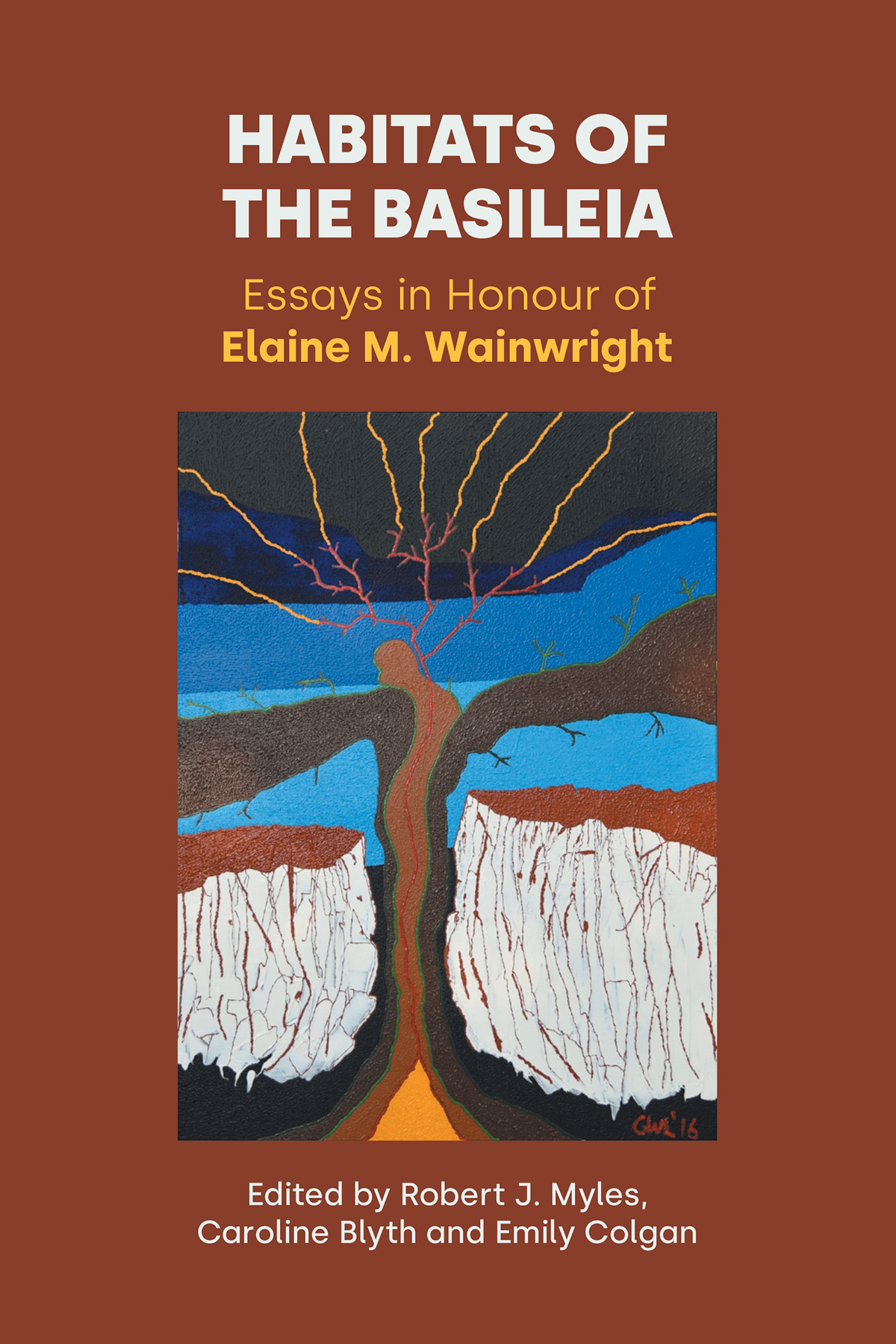

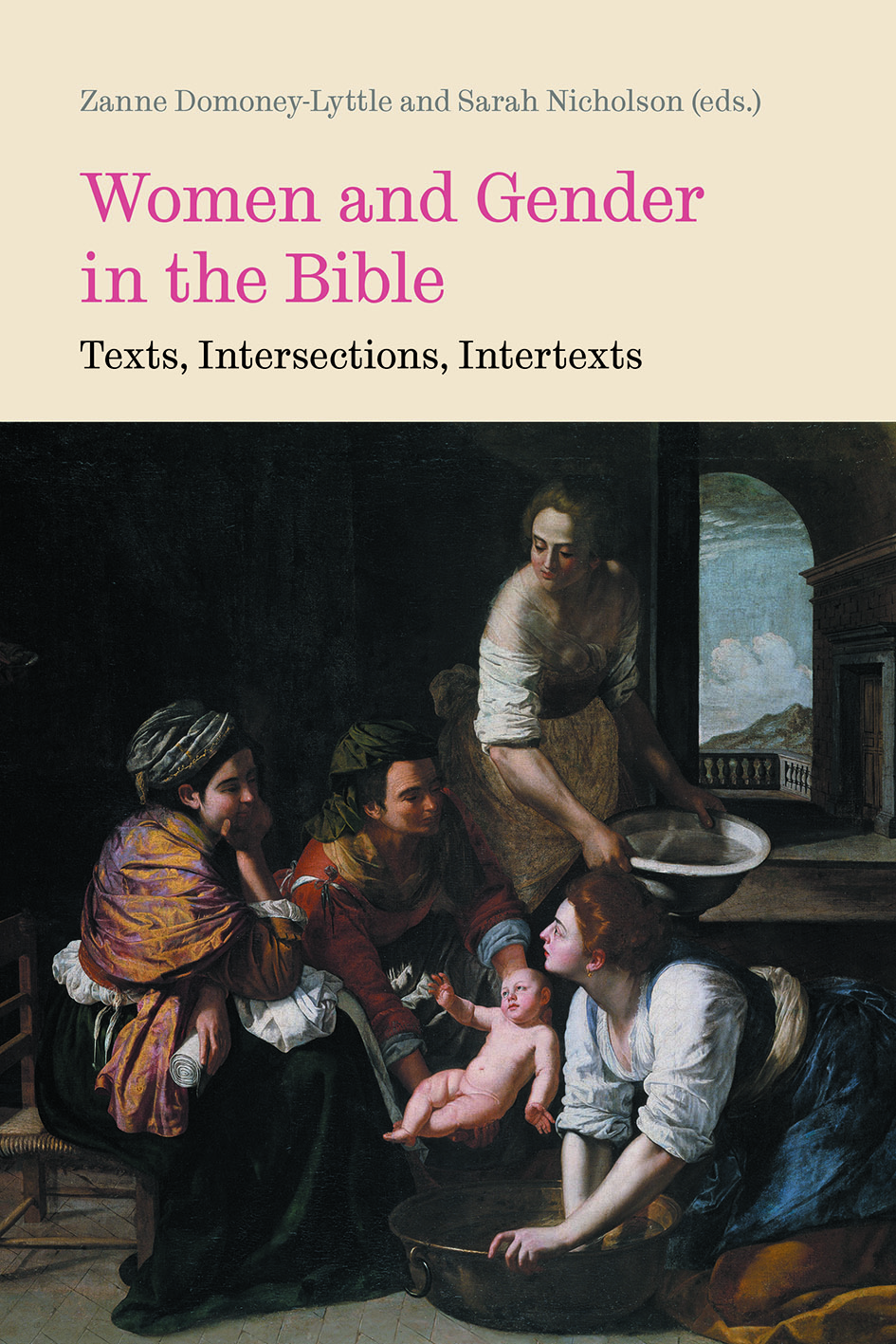
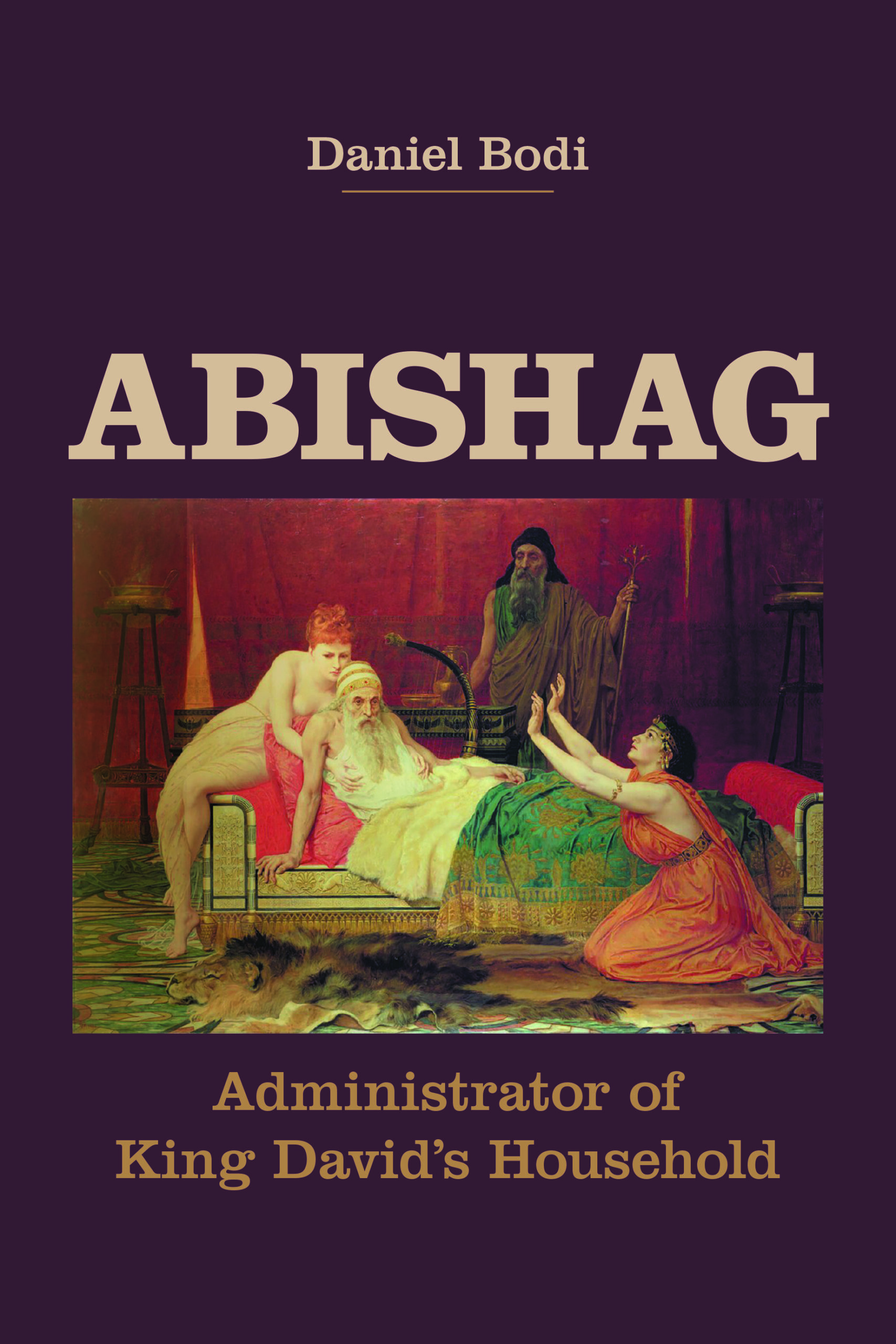

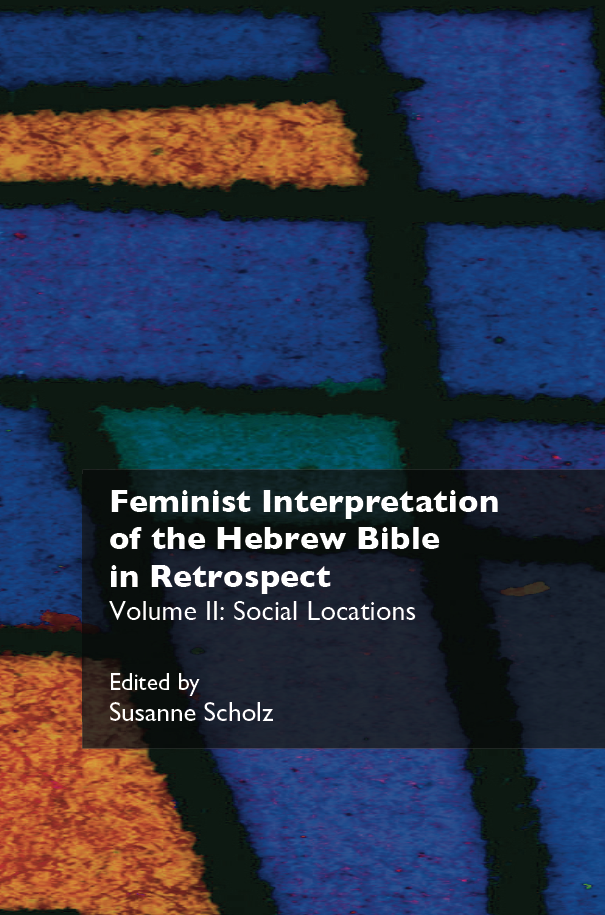
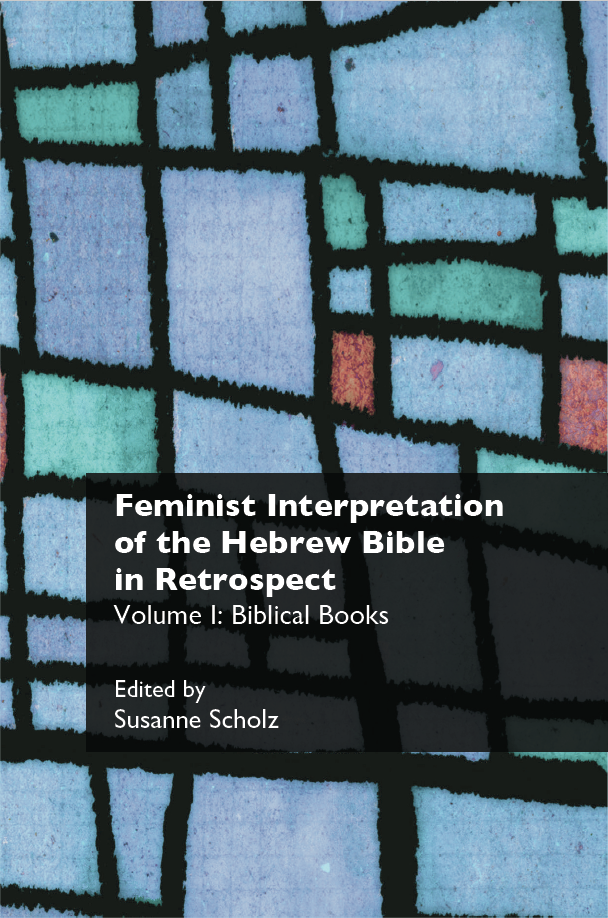
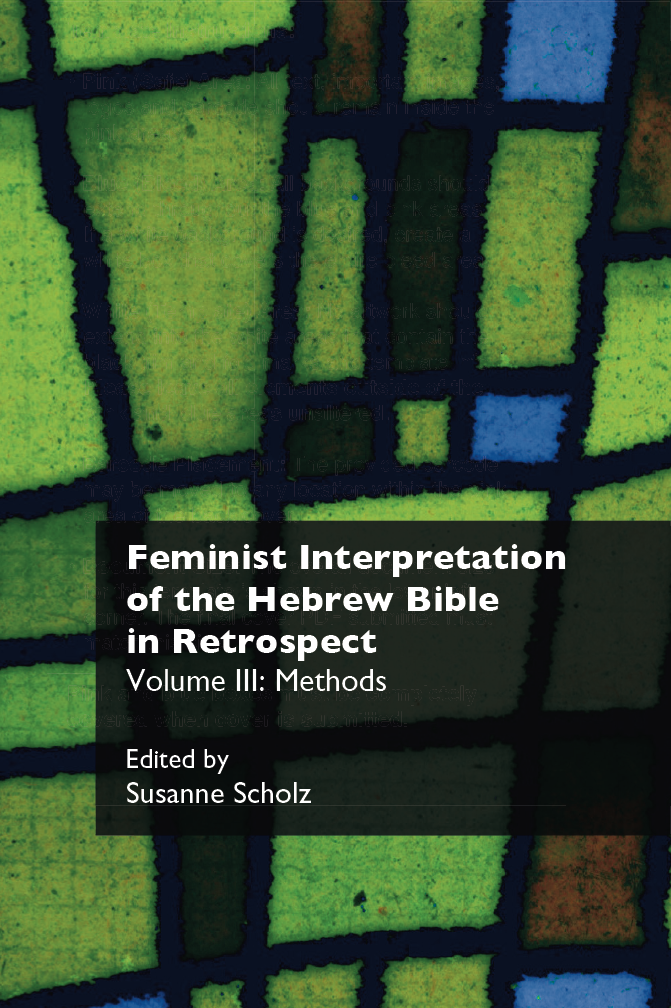
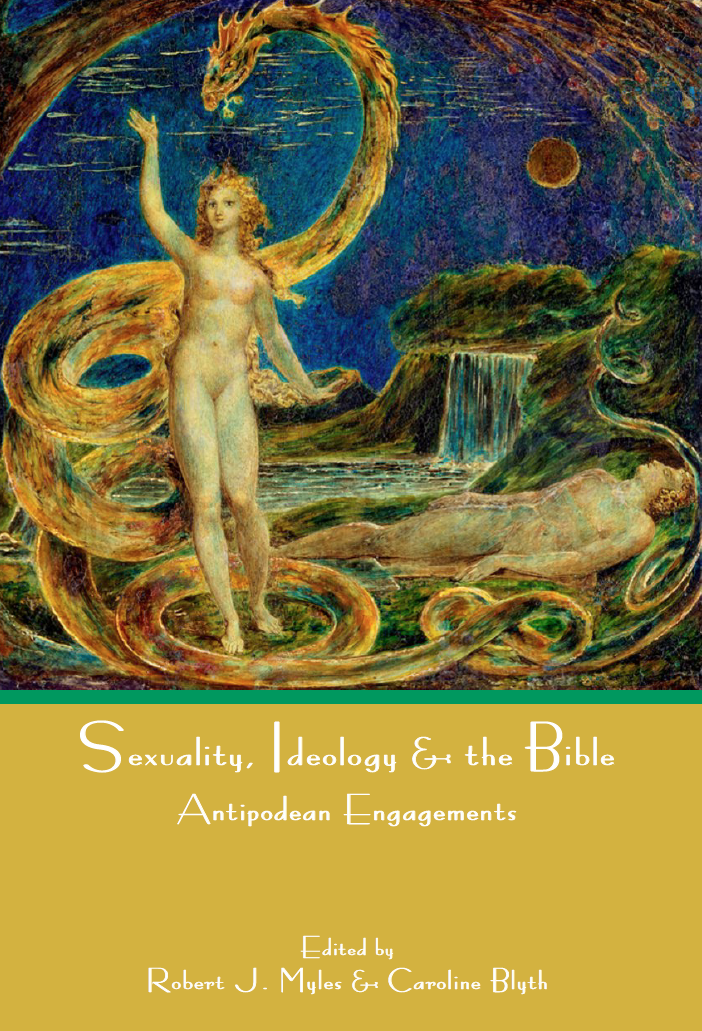
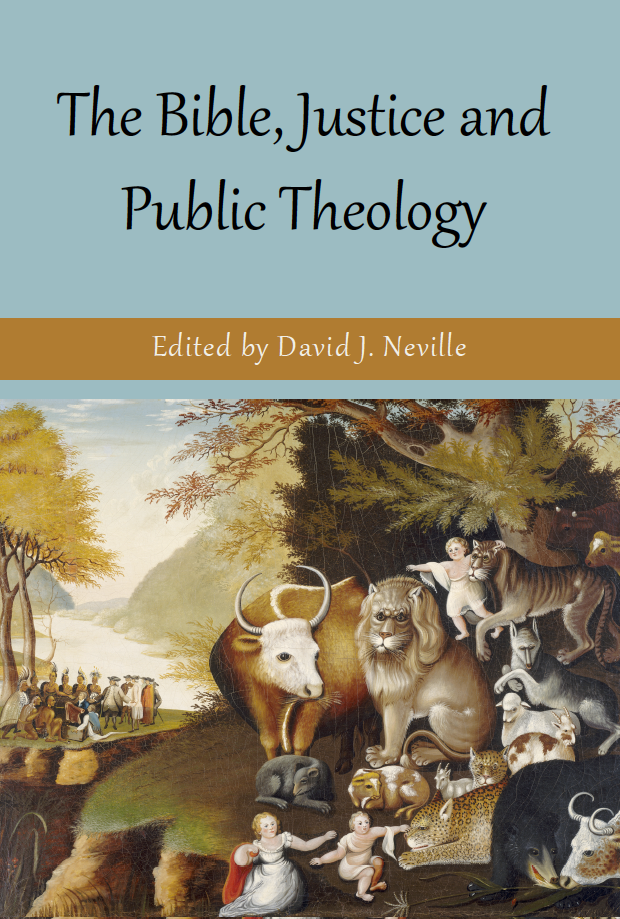
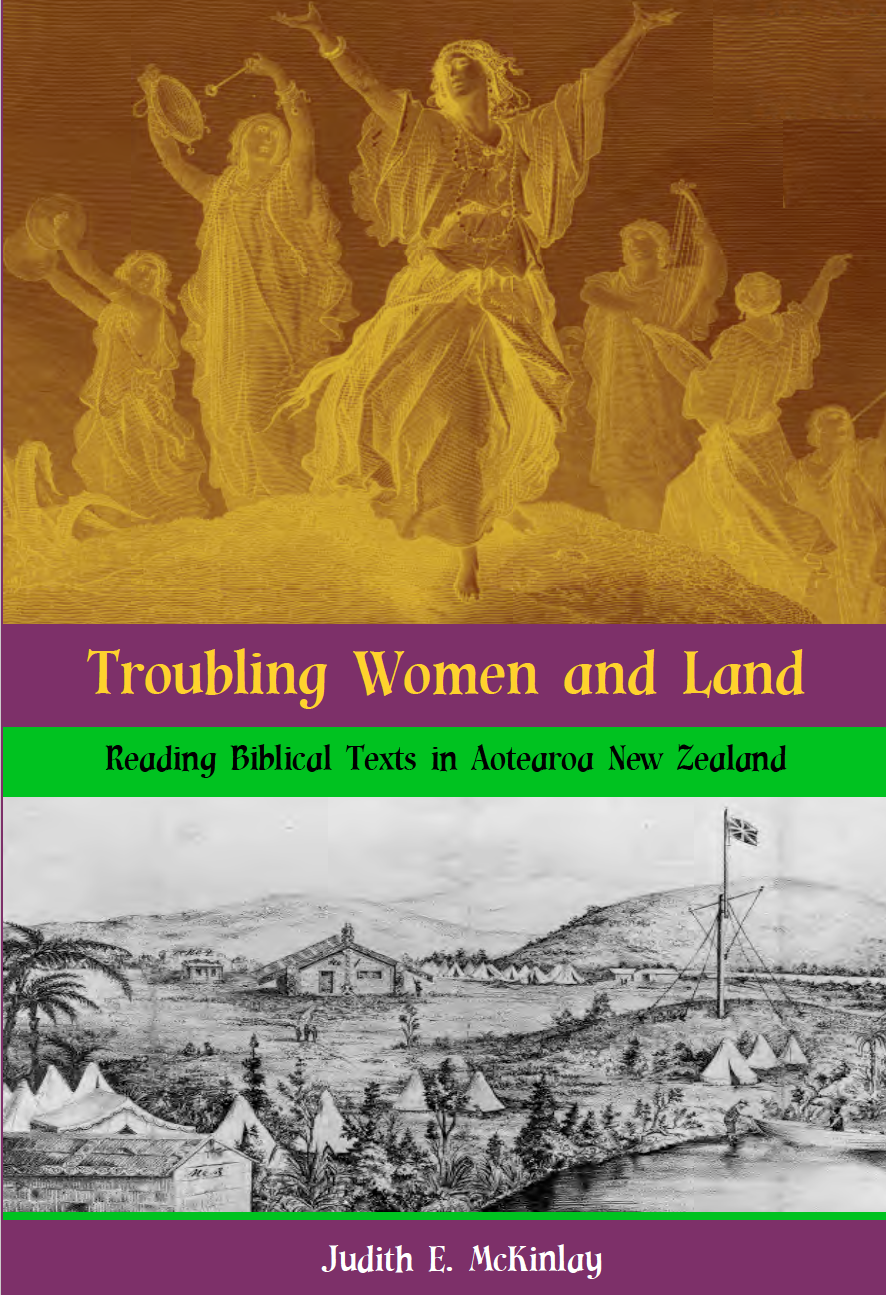
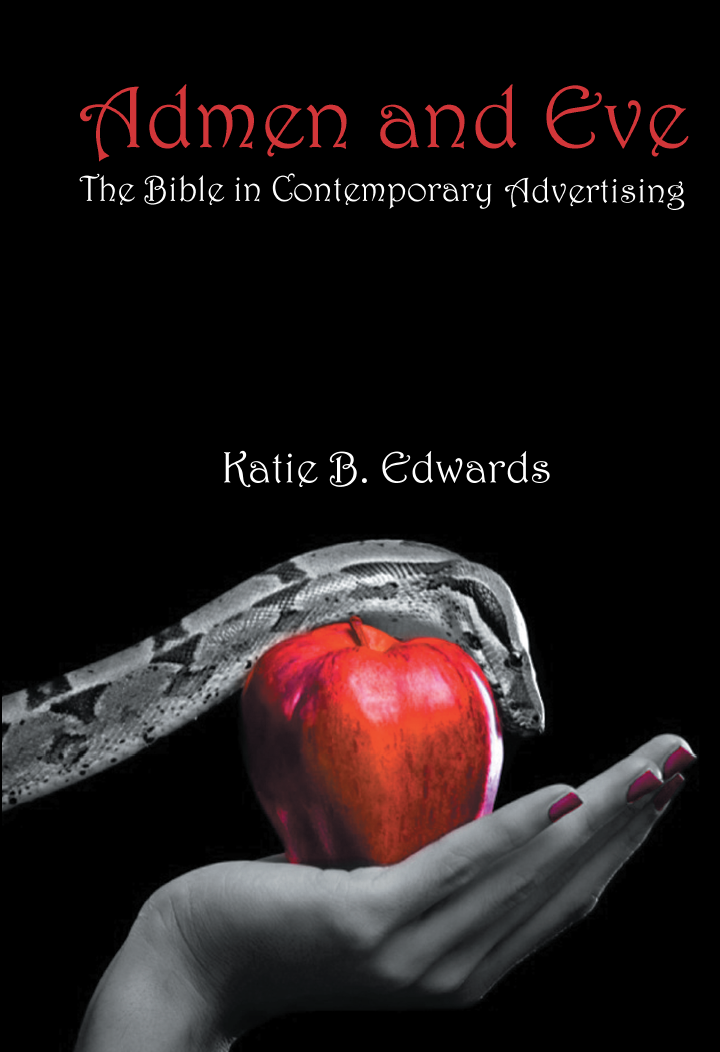
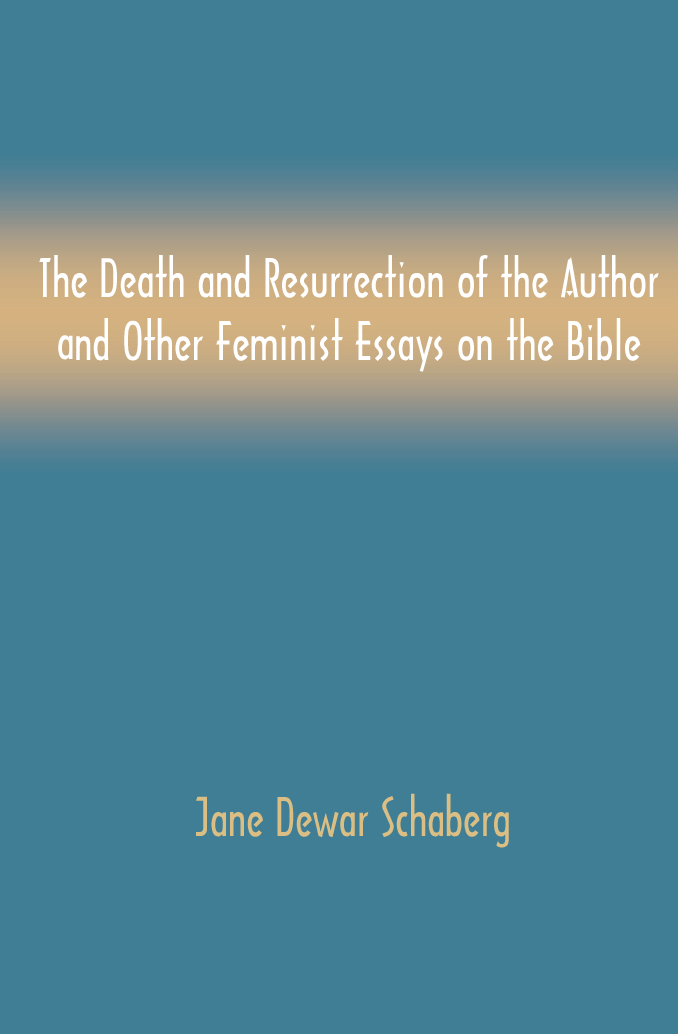

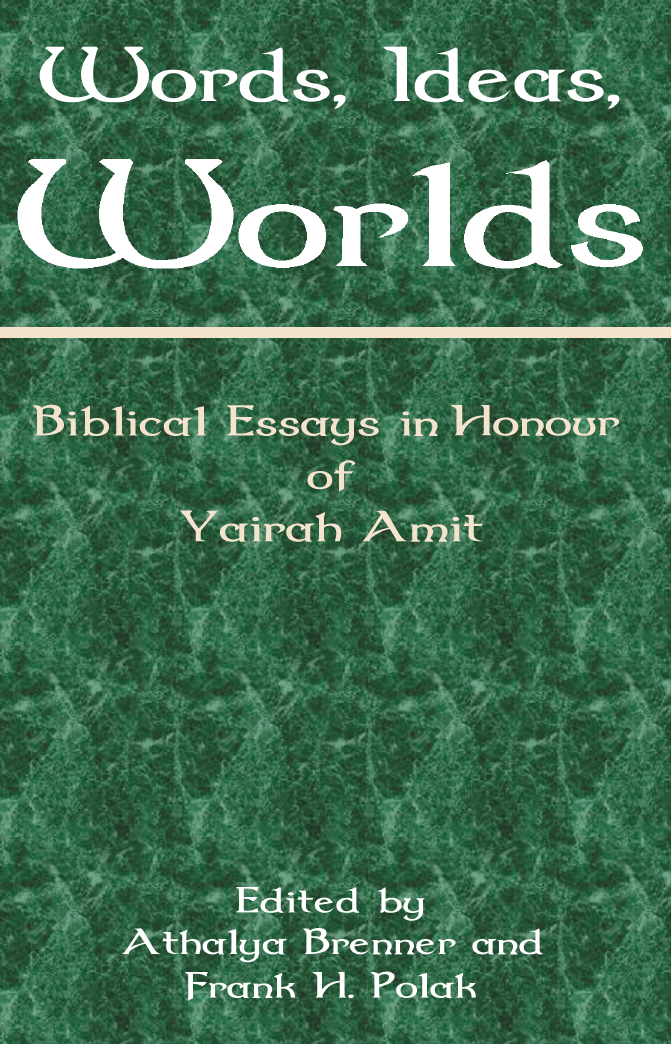
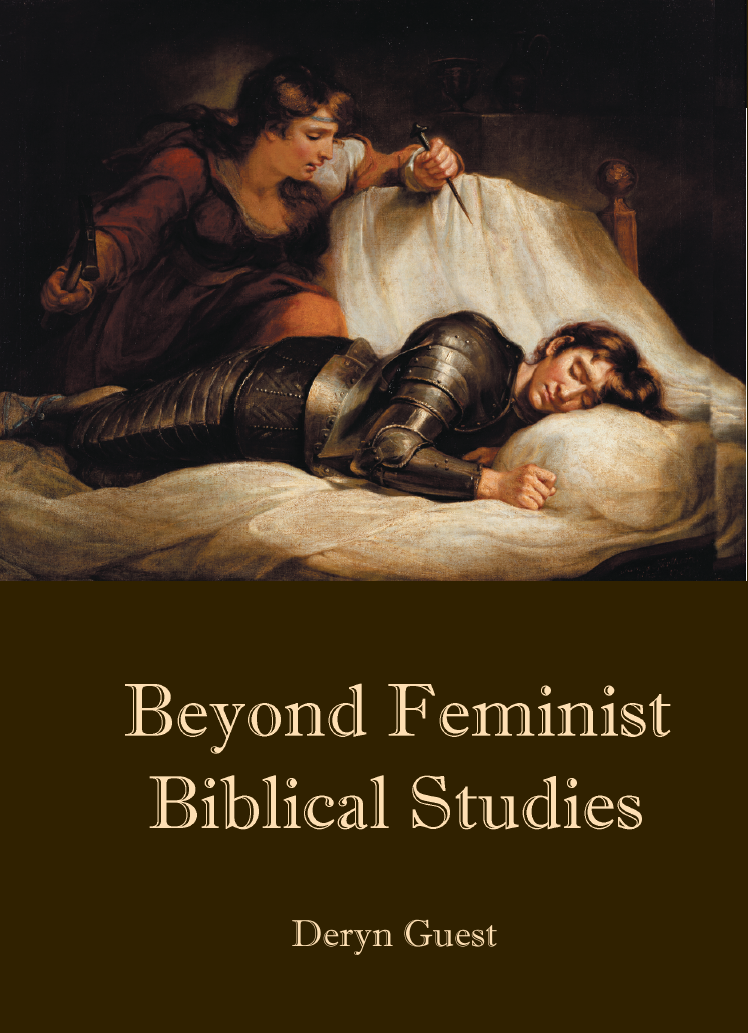
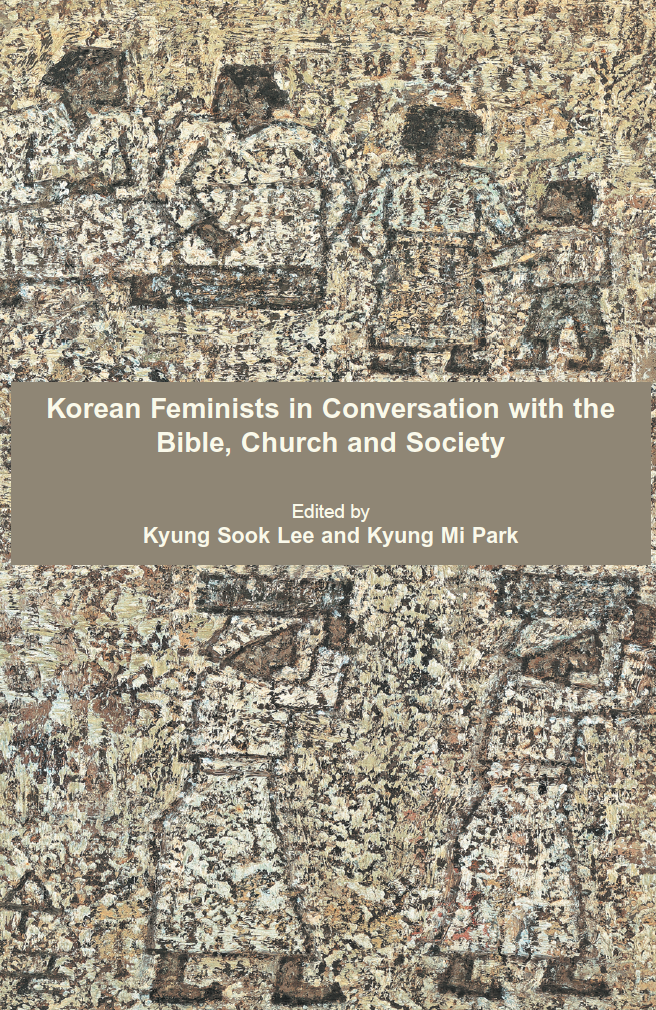


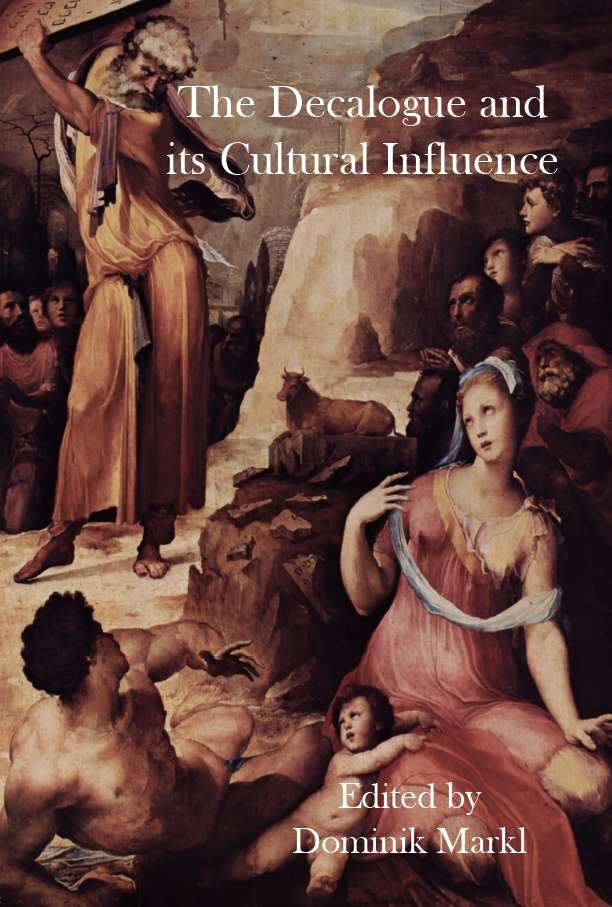
Hosea, Second Edition
Hosea, Second Edition